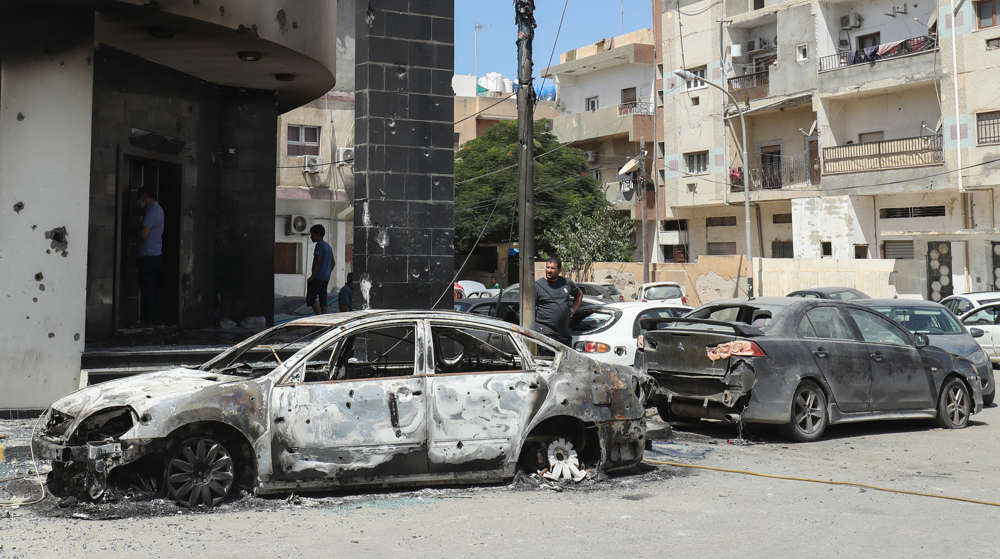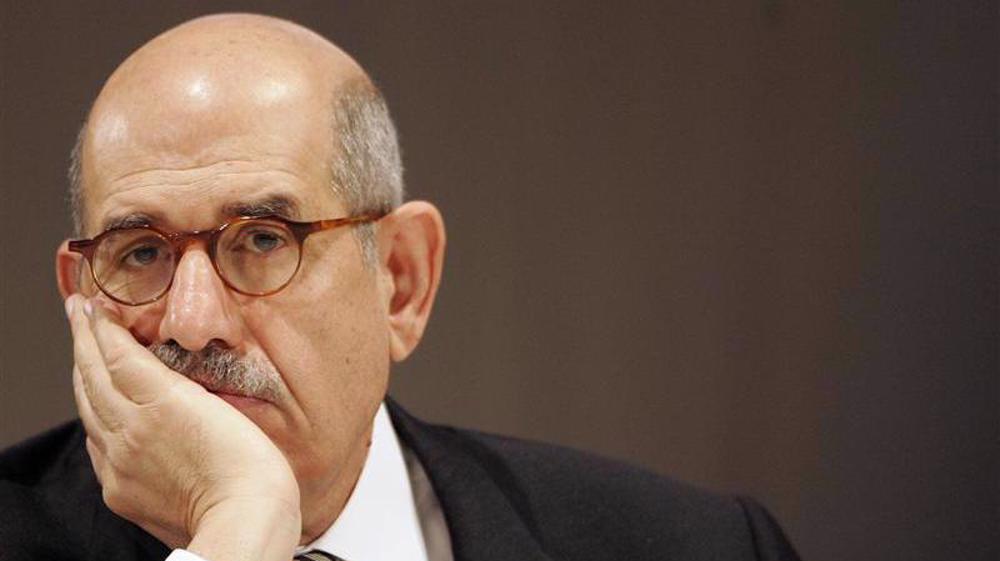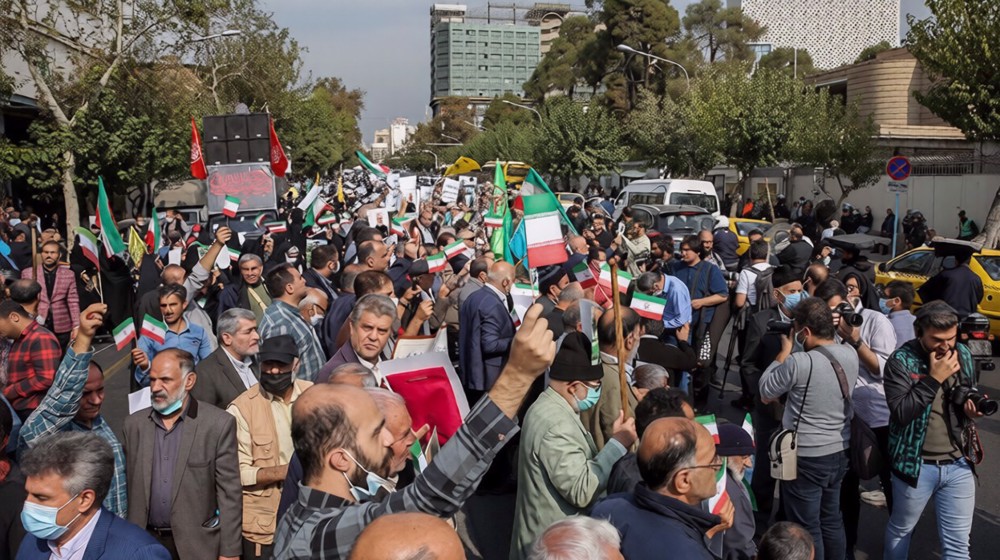Iran backs political dialogue, peaceful solutions to stop clashes in Libya: Foreign Ministry
Iran says it supports political dialogue and peaceful solutions as the best means to end the ongoing bloody fighting across Libya's capital, stressing the importance of stopping the clashes as soon as possible.
"The Islamic Republic of Iran supports political negotiations and peaceful solutions that would preserve national unity, stability and territorial integrity of Libya, and meet the rightful demands of the country's people for the development and prosperity of Libya," Iranian Foreign Ministry spokesman Nasser Kan'ani said on Sunday.
He expressed deep concern over the recent clashes in Tripoli, saying that the fighting should immediately stop and differences should be settled through dialogue based on the Libyan people's interests and security.
"The Islamic Republic of Iran calls on all the fighting parties to exercise restraint and prevent the escalation of tension, and asks them to prioritize the interests of the Libyan people," the Iranian spokesperson added.
Health Ministry: Libya clashes kill 32 people, injure 159
The Iranian spokesman's remarks came after the latest reports indicated that the death toll from deadly clashes between rival governments’ supporters in Libya’s capital has risen to 32, sparking fears that the country could submerge deeper into yet another cycle of incessant violence.
The confrontation took place between the supporters of the government of Abdulhamid Dbeibah, which is headquartered in the city, and the rival administration of former interior minister Fathi Bashagha that is based in the country’s east.
Armed groups have been exchanging fire that has so far damaged several hospitals and set buildings on fire. It all started on Friday evening, which has been the worst fighting in the Libyan capital since a landmark 2020 ceasefire.
The two sides traded blame for the violence leading to the bloodletting.
The United Nations' Libya mission called for "an immediate cessation of hostilities," citing "ongoing armed clashes including indiscriminate medium and heavy shelling in civilian-populated neighborhoods."
The North African country has been beset by violence and chaos since the overthrow and killing of its long-time ruler Muammar Gaddafi following a bombing campaign by the United States-led military alliance of NATO in 2011.
The resulting chaos and factional divisions then escalated into a regional proxy war fueled by foreign powers that poured weapons and mercenaries into the country.
Hamas blasts Western media for blindly defending false Israeli narrative
ElBaradei condemns US threats of military action against Iran
‘No two-hour war’: Iran vows immediate retaliation to any attack
VIDEO | US warmongering threatens stability
Pezeshkian: US must end provocations if it seeks genuine diplomacy
Iran summons German ambassador over Merz’s ‘low-minded’ remarks
Iran's Armed Forces warn EU of ‘consequences’ of IRGC designation
Iran FM: EU’s blacklisting of IRGC a ‘major strategic mistake’










 This makes it easy to access the Press TV website
This makes it easy to access the Press TV website